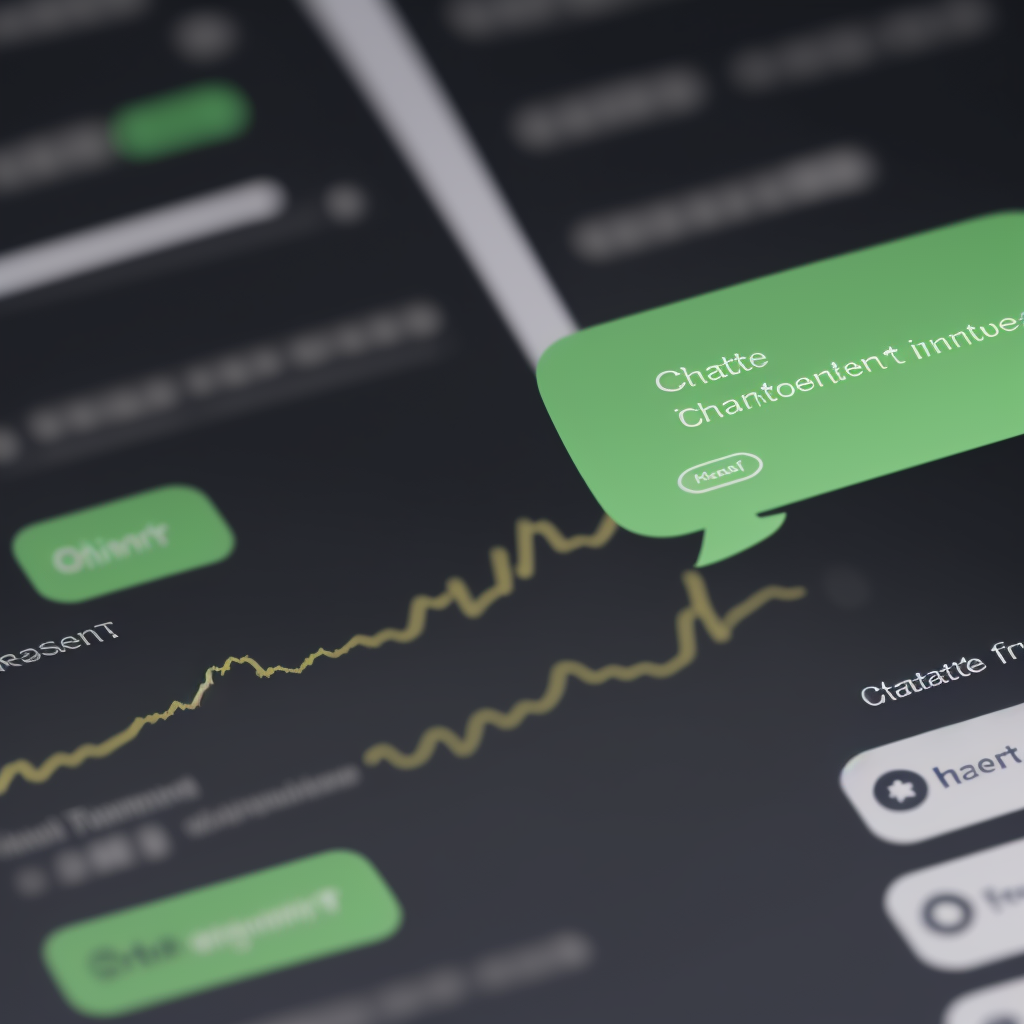The Rise of Common AI: A New Period of Synthetic Intelligence
Synthetic intelligence (AI) has been a quickly evolving subject over the previous few years, with important developments in areas similar to machine studying, pure language processing, and laptop imagination and prescient. Nevertheless, essentially the most formidable objective of AI researchers has all time been to create a Common AI (GAI) – a synthetic intelligence that may carry out any mental process {that a} human can. Lately, important progress has been made in the direction of attaining this objective, and the implications of a profitable GAI are profound.
What’s Common AI?
Common AI is a synthetic intelligence that possesses human-like intelligence, able to perform any mental process, together with reasoning, problem-solving, studying, and decision-making. In contrast to Slender or Weak AI, which is designed to carry out a selected process, similar to taking part in chess or recognizing faces, GAI is meant to be a general-purpose intelligence that may be utilized in any area or process.
The Challenges of Creating Common AI
Making a GAI is a particularly difficult process, requiring important advances in some areas of AI analysis. A few of the key challenges embrace:
- Cognitive Structure: Creating a cognitive structure that may simulate human thought processes, together with reasoning, consideration, and reminiscence.
- Frequent Sense: Endowing an AI with widespread sense, is important for understanding the world and making selections.
- Studying: Enabling an AI to study from expertise, adapt to new conditions, and enhance its efficiency over time.
- Human-AI Collaboration: Creating a GAI that may collaborate with people, taking into consideration human biases, feelings, and social norms.
Latest Advances in Common AI
Regardless of the challenges, important progress has been made in recent times in the direction of making a GAI. Some notable examples include:
- AlphaGo: Developed by Google DeepMind, AlphaGo is a GAI that may play Go, a fancy board recreation that requires strategic consideration and problem-solving. AlphaGo’s victory over a human world champion in 2016 marked a major milestone in AI analysis.
- DeepMind’s WaveNet: Developed by Google DeepMind, WaveNet is a GAI that may generate human-like speech and music, utilizing a mixture of machine studying and cognitive architectures.
- IBM’s Watson: Developed by IBM, Watson is a GAI that may reply to advanced questions and supply insights throughout a variety of domains, together with healthcare, finance, and training.
Implications of Common AI
The creation of a GAI would have far-reaching implications for society, together with:
- Automation: GAI might automate many duties, liberating people from mundane and repetitive work, and enabling them to give attention to extra inventive and high-value actions.
- Determination-Making: GAI might present people with a goal, and data-driven insights, enabling higher decision-making in areas similar to healthcare, finance, and policy-making.
- Scientific Discovery: GAI might speed up scientific discovery, enabling researchers to investigate giant datasets, establish patterns, and make discoveries.
- Moral Issues: The creation of a GAI raises important moral issues, together with the potential for job displacement, bias in decision-making, and the necessity for human oversight and regulation.
Conclusion
The creation of a Common AI is a major problem, however the potential advantages are substantial. As researchers proceed to push the boundaries of AI, it’s important to think about the moral implications of GAI and to develop frameworks for its accountable growth and deployment. The rise of GAI has the potential to rework industries, enhance lives, and form the way forward for humanity.




